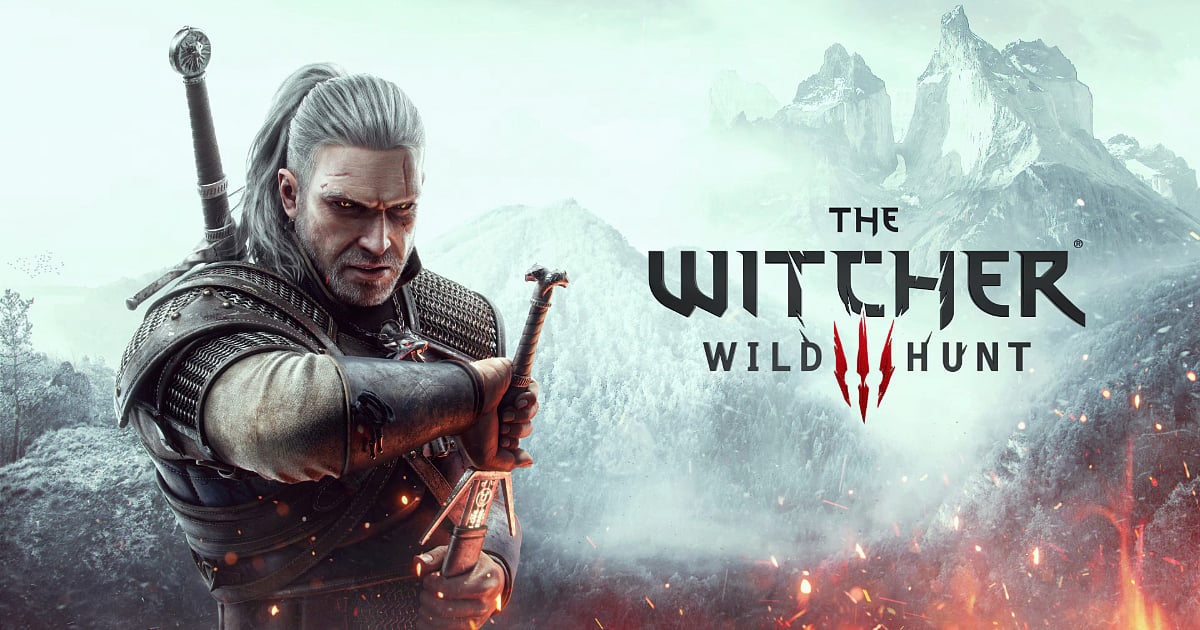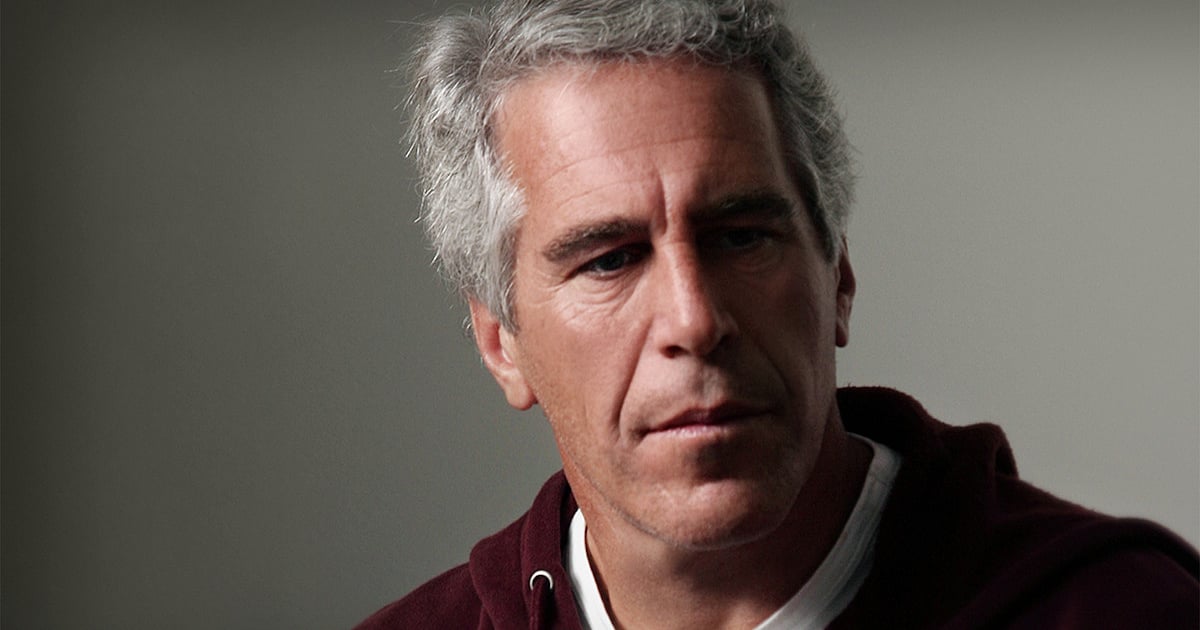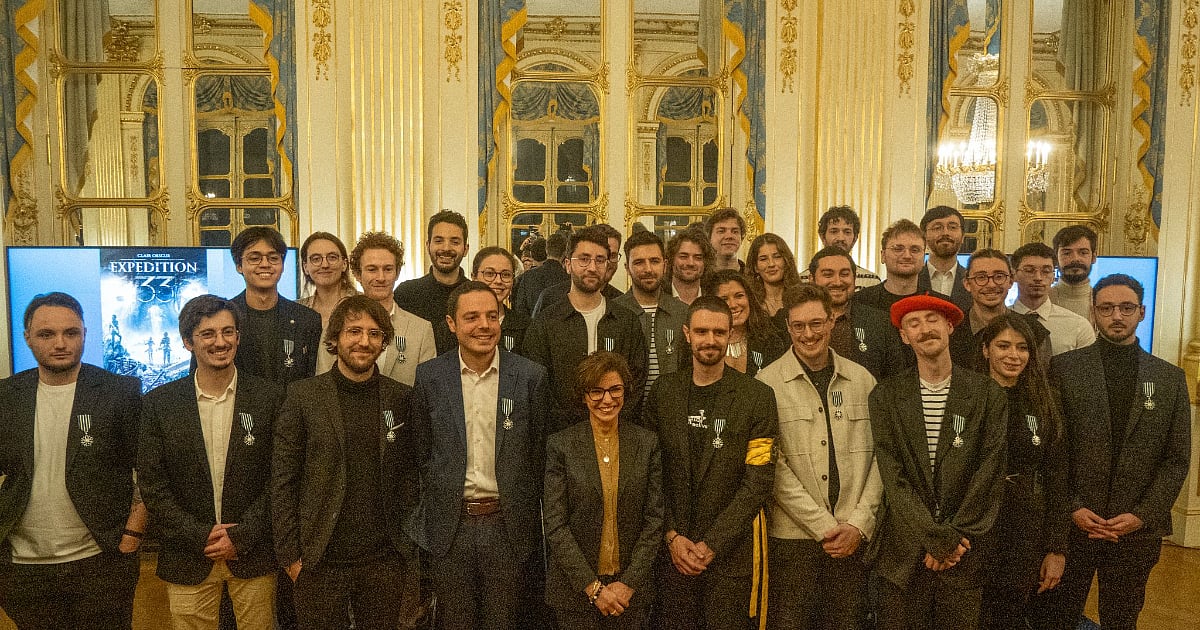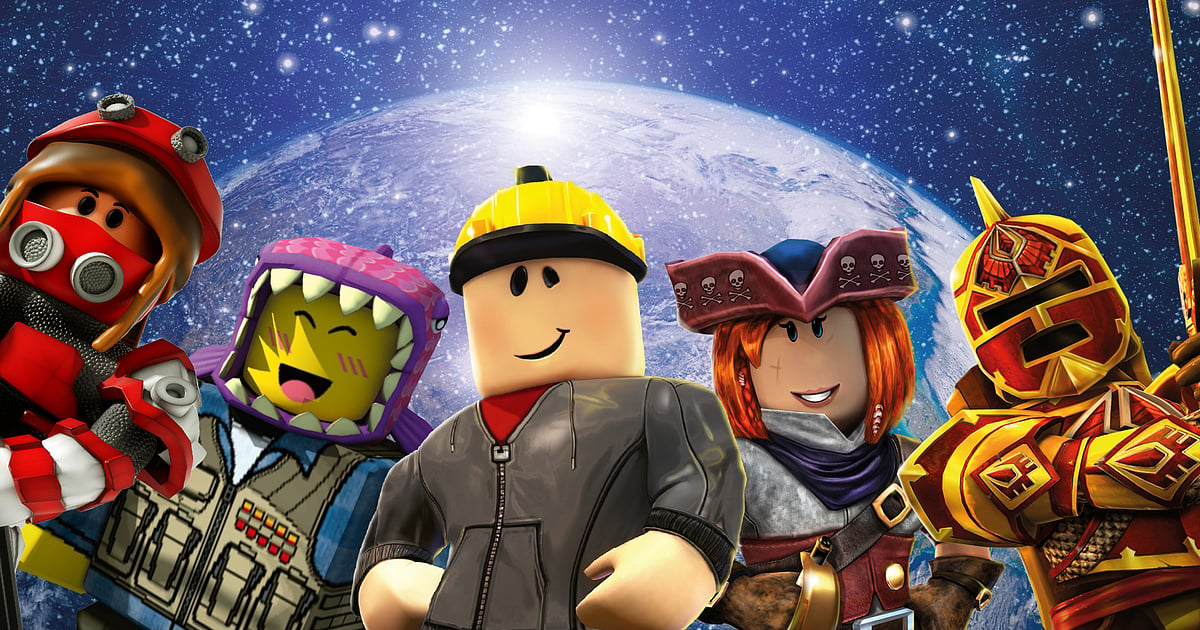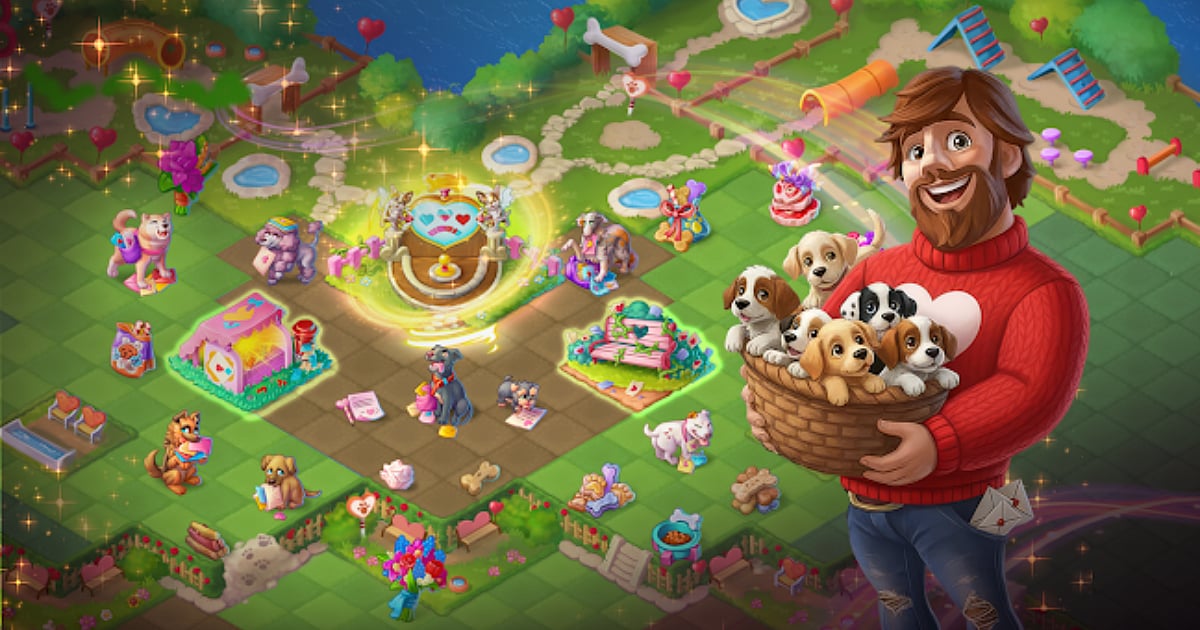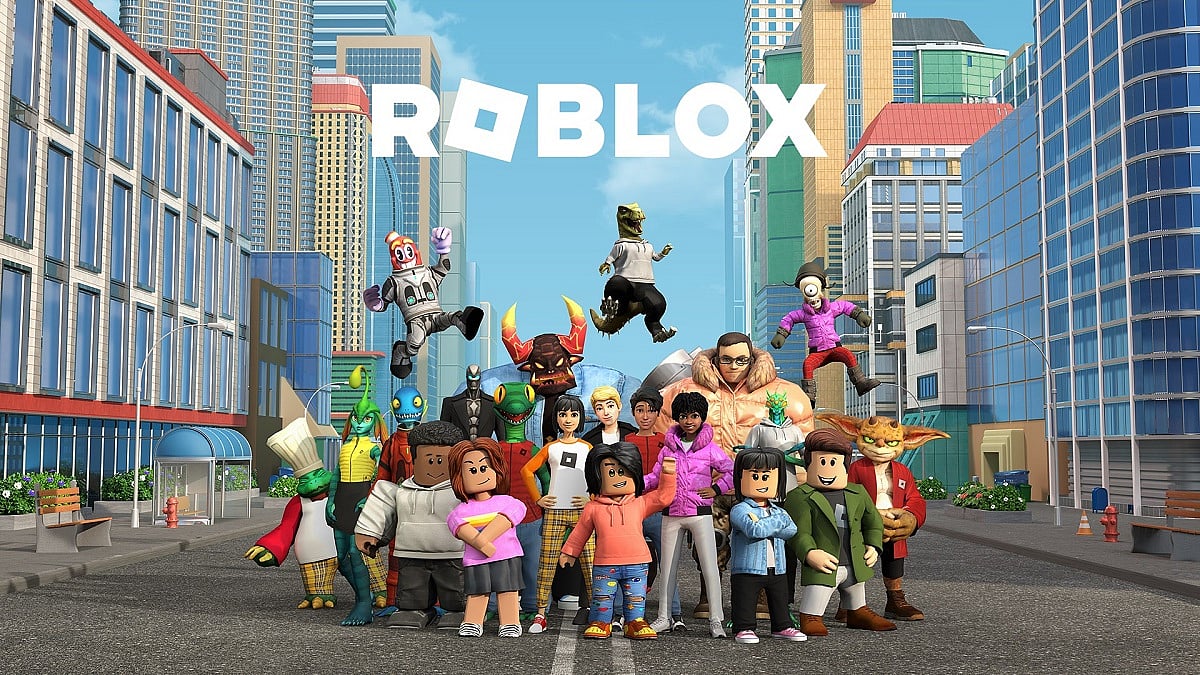
Roblox Under Fire, Facing Lawsuits Over Child Safety Concerns
Roblox Under Fire, Facing Lawsuits Over Child Safety Concerns
Highlights
- Roblox has come under fire from governments and parents worldwide for failing to safeguard children, leading to lawsuits and temporary platform bans in nations like Kuwait and Qatar.
- The platform’s controversial response to whistleblower Schlep, combined with reliance on private arbitration, has fueled community outrage and legal scrutiny over predator risks and moderation practices.
- Despite rolling out advanced moderation tools and stricter age verifications, Roblox’s child safety efforts are seen by many as too little, too late, amidst growing demands for accountability.
Roblox, the popular online gaming platform known for its user-generated content (UGC) games) is facing legal trouble over child safety. Recent months have seen the platform engulfed in high-profile legal battles, whistleblower exposés, and government actions, raising long-standing questions about its ability to protect vulnerable users. With lawsuits multiplying across the United States, whistleblowers like YouTuber Schlep are being allegedly banned for spotlighting predator risks, and nations such as Kuwait issuing temporary bans, Roblox is scrambling to restore public trust. In response, the company is introducing new moderation tools and age restrictions.
Lawsuits and Whistleblower Backlash
Roblox’s most recent and public legal drama involves YouTuber Schlep, whose predator-exposing investigative videos led to his permanent ban from the platform. Schlep’s efforts reportedly contributed to several predator arrests, but Roblox contends such vigilante tactics endanger children by mishandling evidence and interfering with official investigations. This move sparked a fierce backlash, and supporters accused Roblox of silencing a whistleblower, and the hashtag #FreeSchlep trended across social media.
The legal landscape has also shifted dramatically as advocacy groups and families file lawsuits alleging Roblox’s inadequate child safety protocols and flawed moderation systems. These claims often cite the platform’s dependence on algorithmic moderation and inadequate developer safeguards. Notably, Roblox has attempted to force victims’ lawsuits into private arbitration, which limits their public exposure and shields the company from broader accountability. This practice has prompted accusations from survivors and advocates that Roblox is more interested in protecting its image and profits than in rectifying systemic risks facing young users.
Multiple Governments Have Restricted Roblox
Roblox’s safety record has begun to trigger international consequences, sharply exemplified by the recent temporary ban imposed by Kuwait’s authorities on August 23, 2025. Citing mounting concerns about child exploitation, exposure to harmful content, and inadequate moderation, Kuwaiti regulators joined a growing list of nations, including Qatar, Oman, Turkey, Jordan, and China, that have enacted restrictions or outright blocks. These moves signal a global consensus that existing Roblox safety protocols fall short.
As lawsuits mount in U.S. courts, cross-border pressure is accelerating. Louisiana’s attorney general’s office has filed suit, framing Roblox as a “real-life nightmare for kids” and calling for sweeping reforms in how child safety is managed on gaming platforms. Political leaders such as Rep. Ro Khanna have called for stronger federal oversight and launched petitions demanding Roblox bolster its safety protections, with particular attention paid to algorithmic recommendations and the risks of private in-game communications.
Roblox’s problems with child safety are deep-rooted. With nearly 40% of its player base under the age of 13 and evidence that predators have used the platform to groom minors for contact on other apps like Discord and Snapchat, the risks have spilled far beyond in-game interactions. Vulnerable users have stumbled into environments with sexually suggestive themes or been approached by adults in ways that could lead to exploitation or abuse.
Moderation remains a lightning rod for criticism. Roblox leans heavily on automated AI moderation, but studies have demonstrated persistent gaps where inappropriate material remains visible. Meanwhile, vigilante watchdogs who attempt to catch predators have commonly faced account suspension, a policy that critics say undermines genuine safety efforts while failing to stem predatory behavior.
Child-specific dark patterns and microtransaction systems have also fueled worries about financial exploitation, creating opportunities for children to spend real money without adequate parental oversight.
Roblox’s Recent Attempts at Implementing Child Safety
Facing mounting scrutiny, Roblox has launched several changes in 2024 and 2025 to boost child safety. These include stricter age verification (using facial recognition or a government ID), enhanced parental controls, restrictions on “social hangout” games with private locations, and automatic message blocking for users under 13. The company claims that some of these steps are already helping law enforcement detect and act on predator threats more efficiently.
Yet, these reforms have not closed the trust gap. Community members, developers, and international regulators remain skeptical, highlighting ongoing incidents where children face inappropriate experiences, algorithm-driven risks, and little recourse for judicial transparency. For many, the core question is whether Roblox can shift from crisis management to genuine child protection for its young audience.

Author
Abhimannu Das is a web journalist at Outlook India with a focus on Indian pop culture, gaming, and esports. He has over 10 years of journalistic experience and over 3,500 articles that include industry deep dives, interviews, and SEO content. He has worked on a myriad of games and their ecosystems, including Valorant, Overwatch, and Apex Legends.
Abhimannu Das is a web journalist at Outlook India with a focus on Indian pop culture, gaming, and esports. He has over 10 years of journalistic experience and over 3,500 articles that include industry deep dives, interviews, and SEO content. He has worked on a myriad of games and their ecosystems, including Valorant, Overwatch, and Apex Legends.
Related Articles
